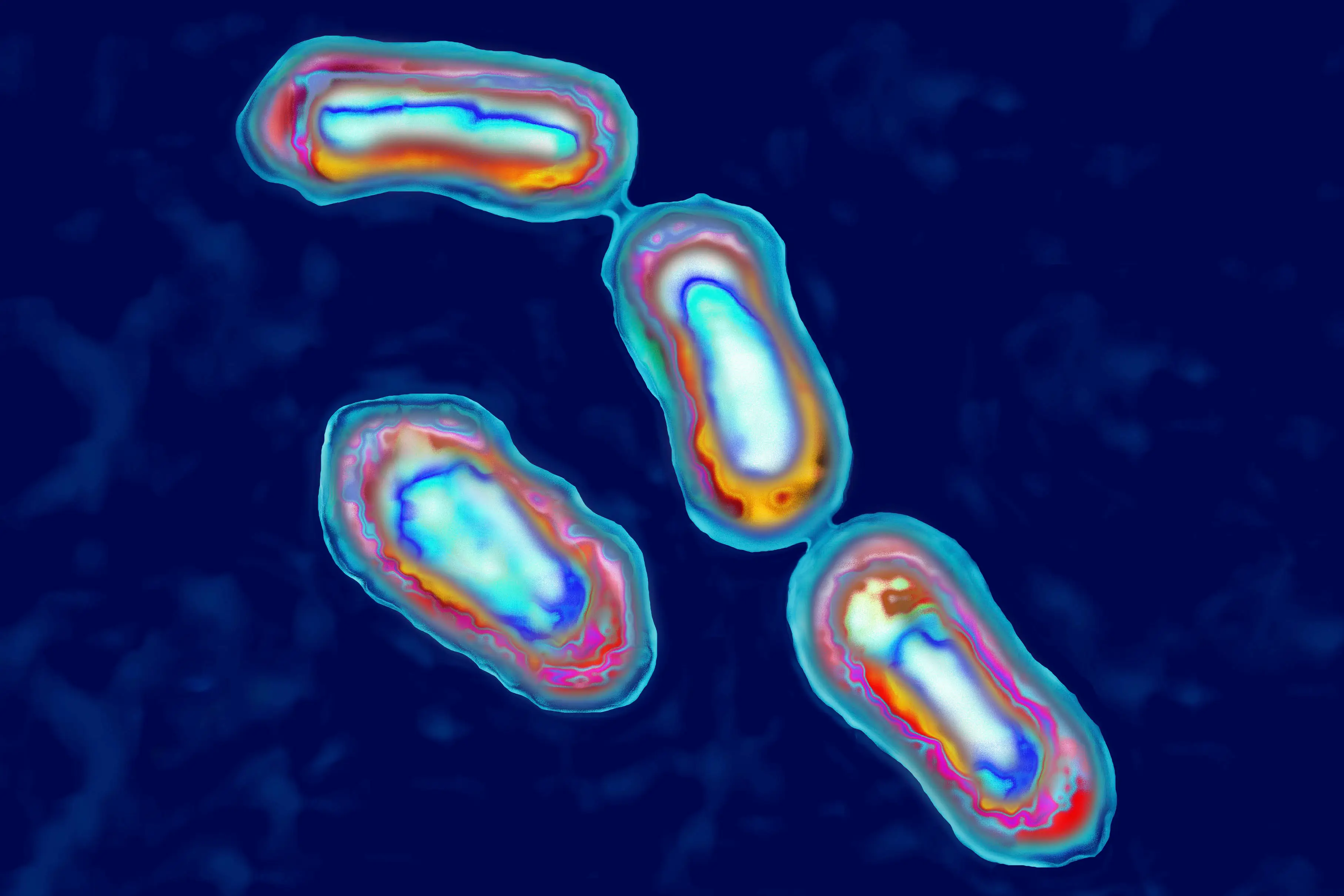
A person has tested positive for ‘Black Death’ in California, just over a month after an Arizona resident died from pneumonic plague.
The California Department of Health has been notified that a South Lake Tahoe resident has tested positive for plague, as county officials say they are recovering at home and receiving medical care.
Officials believe the person was bitten by an infected flea while camping in the South Lake Tahoe area. It’s now being investigated as warnings were issued for people to be vigilant.
No other information about the person or their condition was released as they suffer from the now-rare disease that the Centres for Disease Control and Prevention (CDC) say typically results in about seven cases in the US each year.
Advert
The last reported case of plague in South Lake Tahoe was in 2020, and before that two people tested positive in 2015 after being exposed in Yosemite National Park.

You may know plague better as the ‘Black Death’ from your history lessons in school, as it famously wiped out up to half of Europe’s population in the 14th Century.
There’s different forms of plague - which is rare in humans nowadays and can be treated with antibiotics - with the most common being bubonic plague, which is caused by the bite of an infected flea.
Pneumonic plague is the most serious and usually rare form, and spreads to the lungs from other untreated forms.
In humans, symptoms of bubonic plague tend to appear within two to eight days and typically include: fever, chills, headache, swollen lymph nodes and weakness.
Plague is no longer found here in the UK and El Dorado County officials have pointed out how rare it is in humans.
"Plague is naturally present in many parts of California, including higher elevation areas of El Dorado County," said Kyle Fliflet, El Dorado County's acting public health director.

"It's important that individuals take precautions for themselves and their pets when outdoors, especially while walking, hiking and or camping in areas where wild rodents are present."
Ofiicials cautioned people (and their pets) to not touch squirrels, chipmunks or other wild rodents – especially those that are dead or injured. That’s because this is where fleas tend to acquire the plague bacteria from too.
Pets can also therefore end up carrying plague-infected fleas.
A resident of Arizona was confirmed to have died in July from pneumonic plague, marking the county’s first recorded death from the disease since 2007. In that case, they had interacted with a dead animal that was infected.